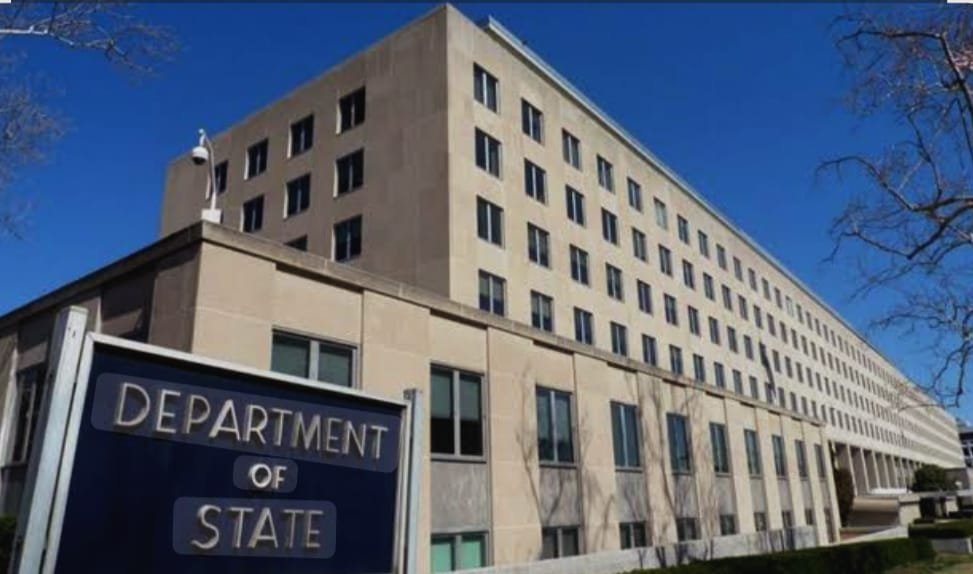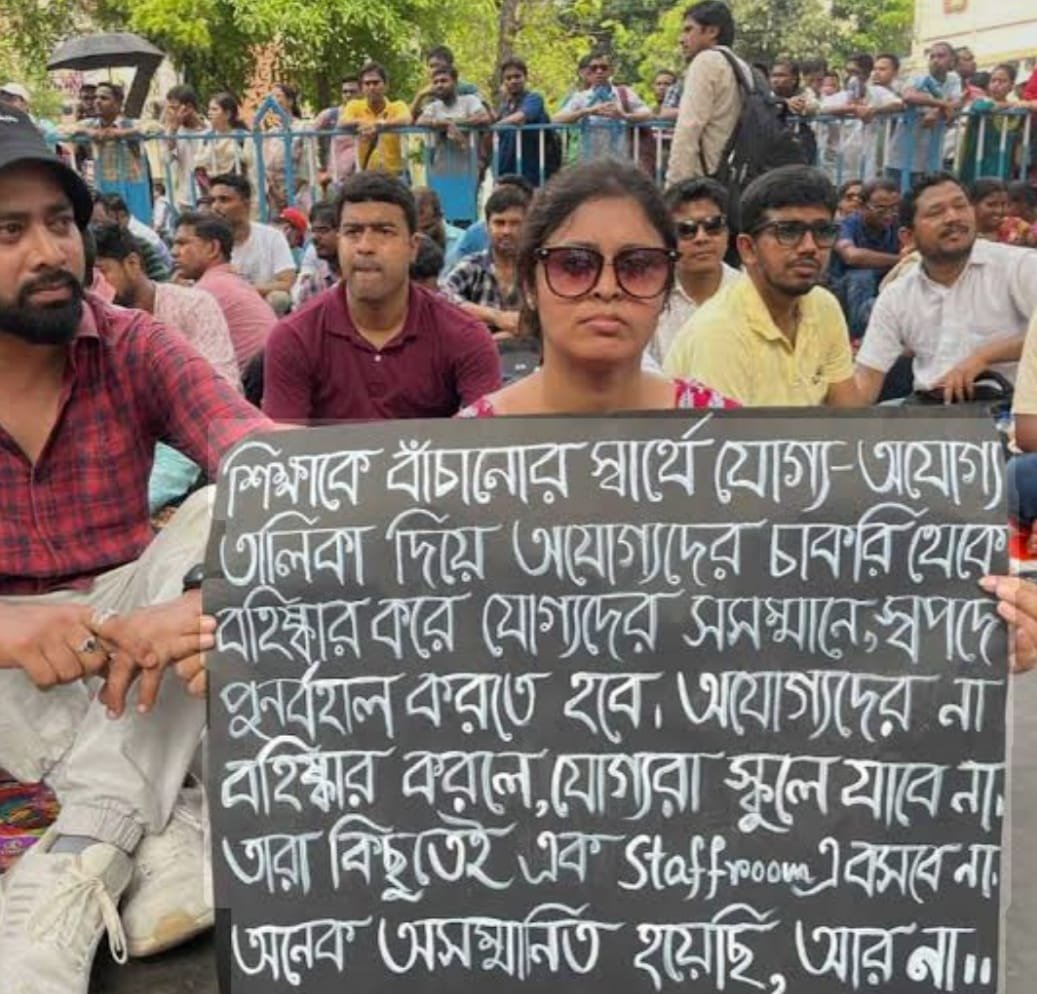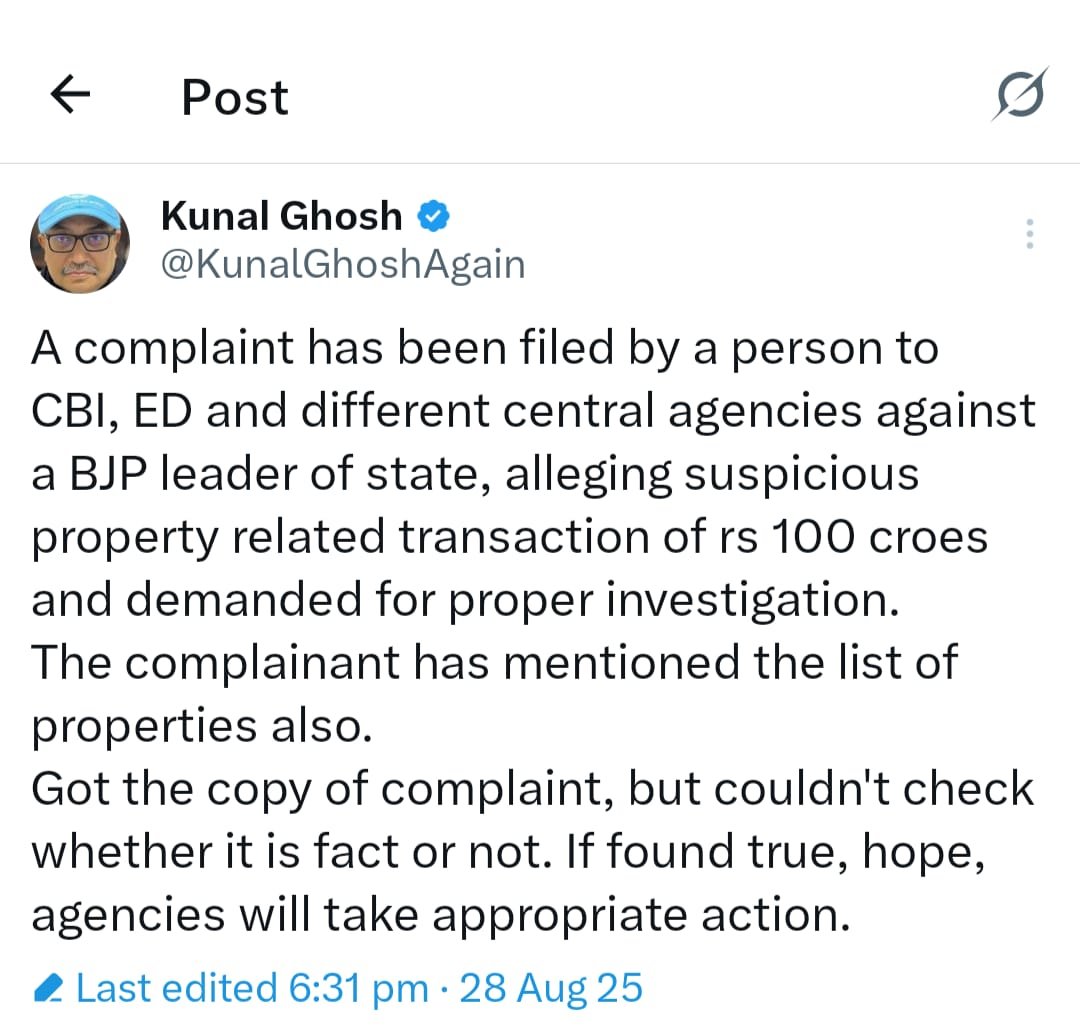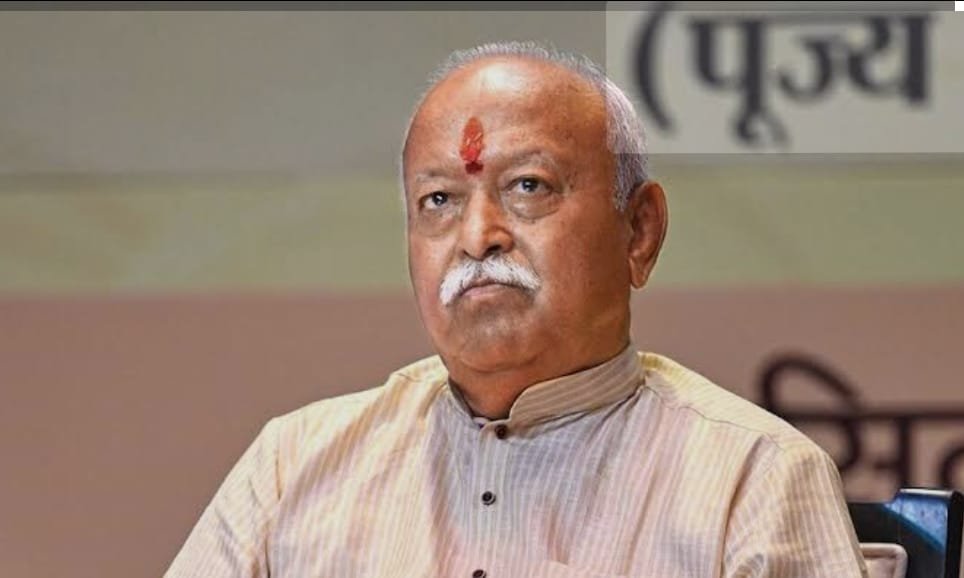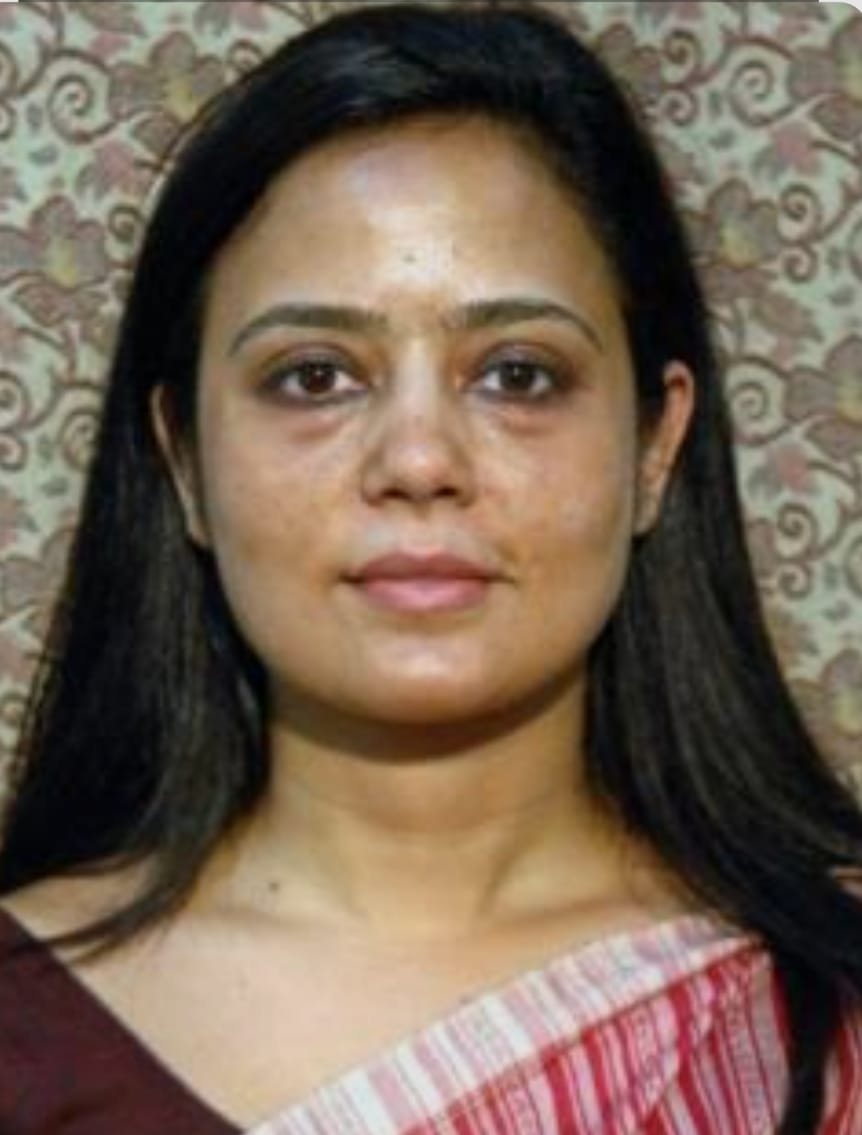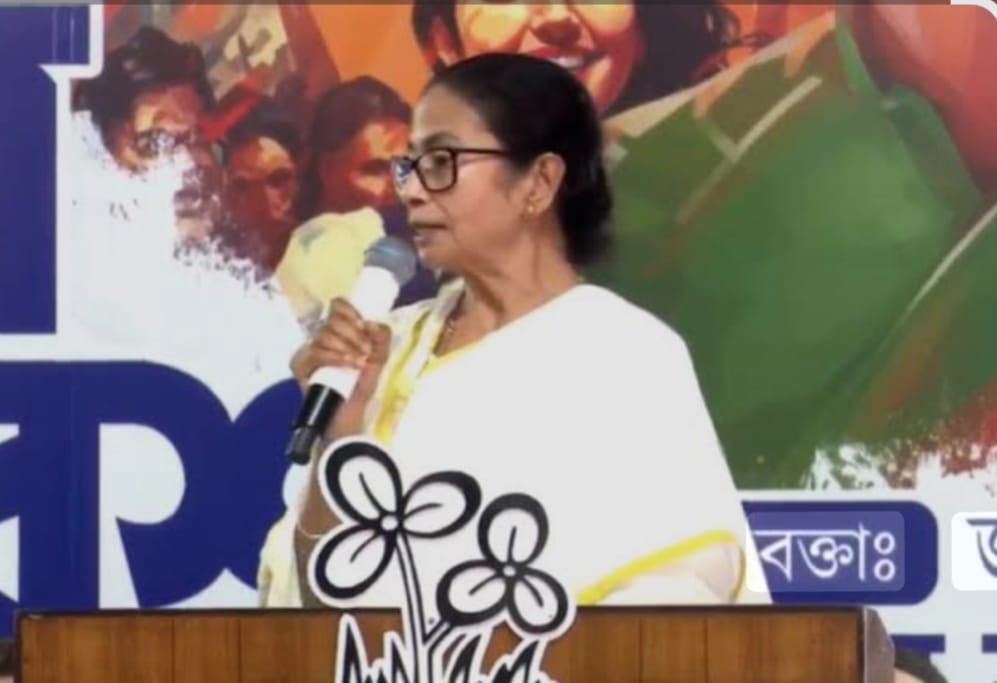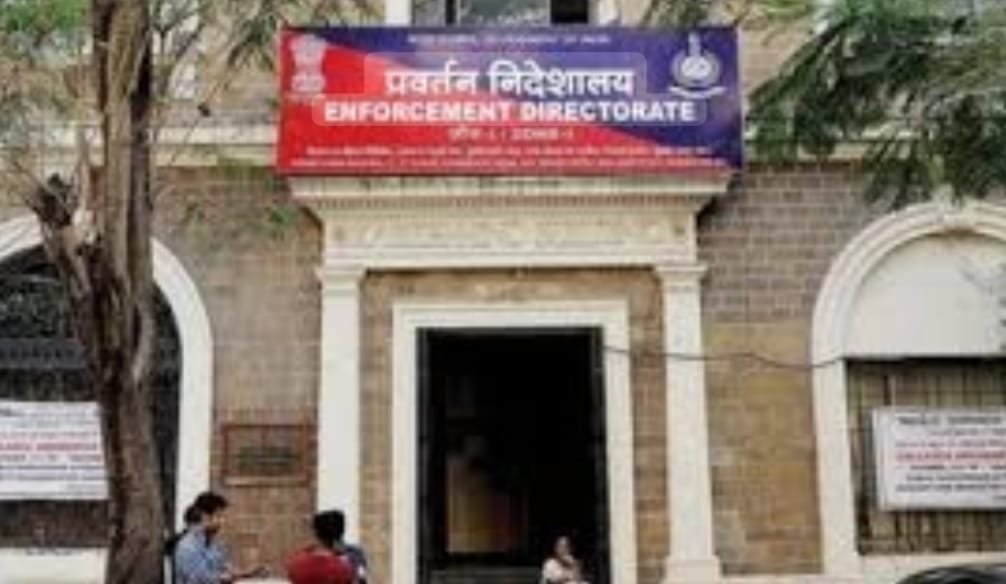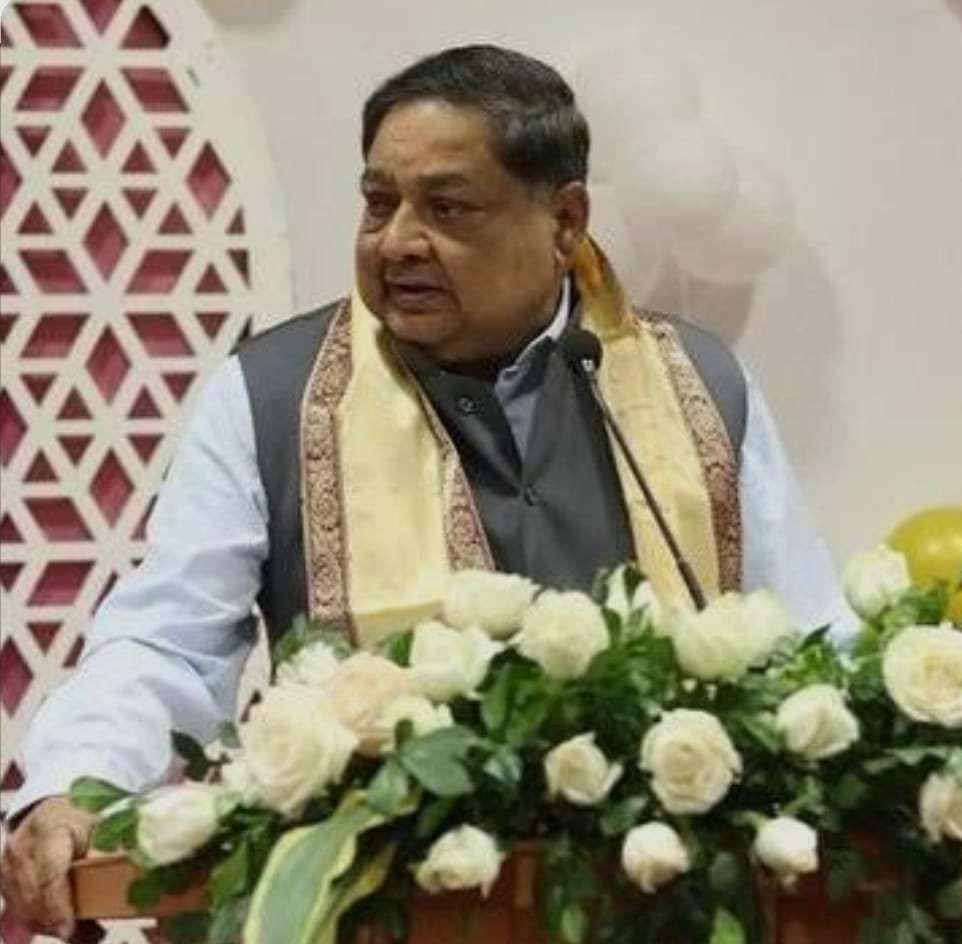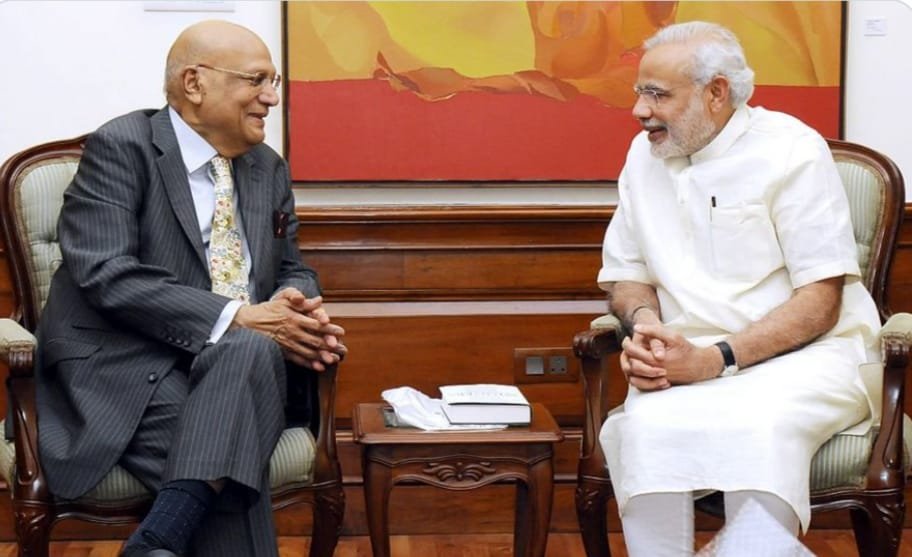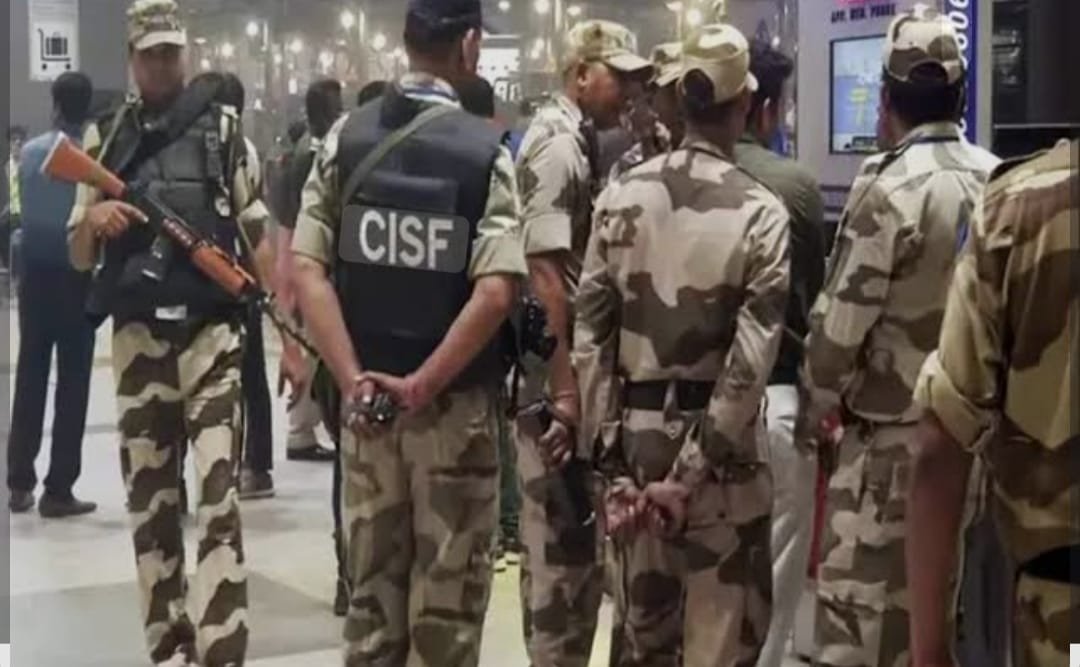Bangladesh’s human rights situation has shown signs of stability following a change of government earlier this year, but significant concerns persist, the U.S. State Department said in its annual human rights report released on Tuesday.
The report, published on the State Department’s website, noted that the fall of Prime Minister Sheikh Hasina’s government after weeks of student-led protests paved the way for a Nobel laureate-led interim administration. Muhammad Yunus, awarded the Nobel Peace Prize in 2006 for his work with microfinance, was appointed “chief adviser” of the caretaker government.
The protests in July and early August, sparked by grievances over governance and democratic freedoms, culminated in Hasina’s resignation and the dissolution of her cabinet. Since then, the report said, rights conditions have stabilised in the South Asian nation of 170 million people, although some abuses and restrictions remain.
“Following certain events in August, the country’s human rights situation became more stable, though concerns remain,” the State Department said.
It contrasted the current situation with that under the previous Awami League-led administration, where it cited “arbitrary or unlawful killings, enforced disappearances, torture, arbitrary arrests or detentions, severe restrictions on freedom of expression and the media,” as well as the “worst forms” of child labour.
The report also noted “widespread reports of impunity” during Hasina’s tenure, with little accountability for security forces or political leaders accused of abuses. Since taking power, the Yunus-led interim government has arrested several members of the former ruling party accused of human rights violations. Authorities have pledged to investigate past abuses, lift restrictions on the press, and work towards credible elections.
However, the State Department cautioned that Bangladesh still faces challenges, including ensuring judicial independence, preventing politically motivated arrests, and safeguarding freedoms of assembly and speech. Rights groups have urged the interim authorities to pursue systemic reforms, warning that stability could prove fragile without deeper changes.
Bangladesh’s foreign ministry did not immediately respond to a request for comment on the U.S. report. The caretaker government has said it is committed to restoring democratic institutions and “ending the culture of fear” in politics.

